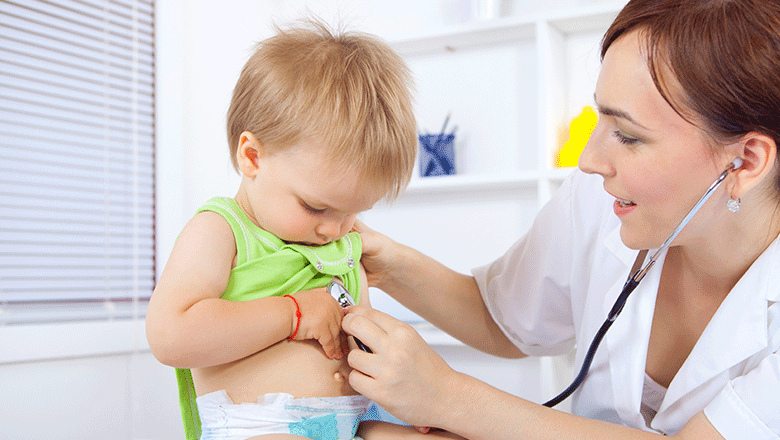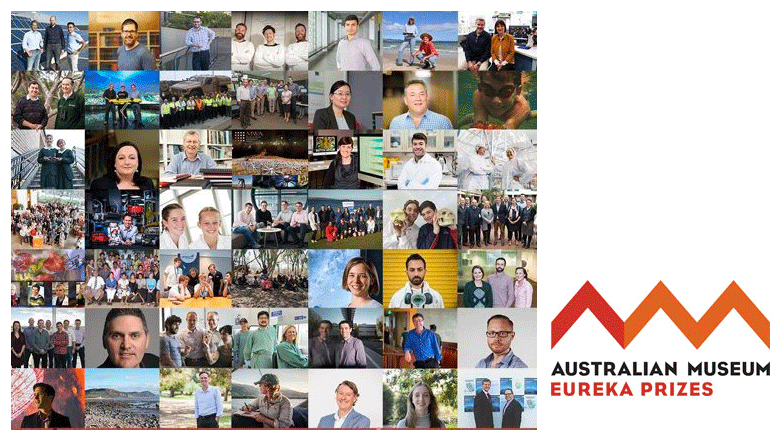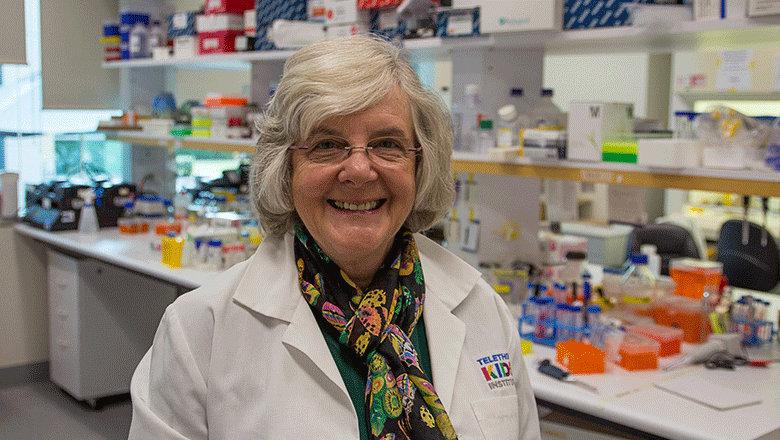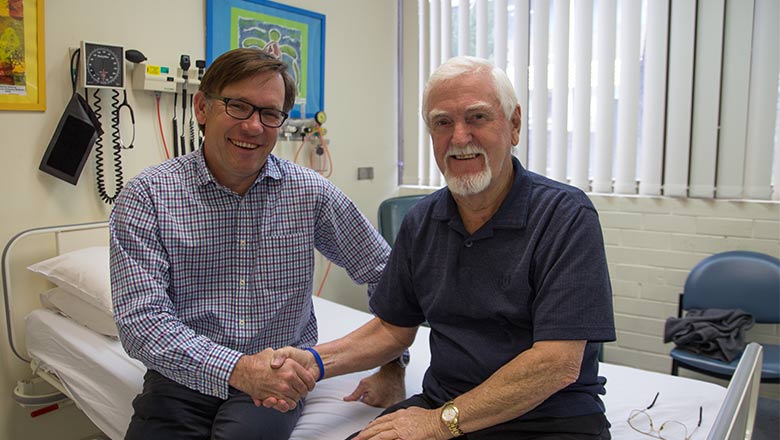Search

New research has found children who are born even slightly premature or underweight are more likely to be hospitalised with an infection during their childhood

The Kids researchers are amongst a group of experts who have recommended that doctors can stop intravenous antibiotics sooner in children.

Three Perth researchers from The Kids Research Institute Australia have today been named finalists for the 2016 Australian Museum Eureka Prizes.

Professor Jenny Blackwell has been made a Fellow of the Australian Academy of Science, an honour reserved for the very best scientists in the country.

An internationally recognised researcher at The Kids Research Institute Australia has been made a Fellow of the Australian Academy of Science

Sarah Le Roi knows well how debilitating Clostridium difficile infection (CDI) can be. She was struck down with the 'superbug' while on holiday in the US.
Wesfarmers Centre of Vaccine and Infectious Diseases Research Seminar Series 2014.Genetic and functional studies of leishmaniasis: understanding the role of HLA
Research has identified a critical genetic risk factor for a potentially fatal parasitic disease that affects up to 400 thousand people a year, mostly children.
Prime Ministers of Australia and New Zealand have agreed to provide $3M to help fast-track the development of a vaccine against rheumatic fever.
Hear the facts about vaccination and infectious disease from some of Australia's leading experts: Professor Jonathan Carapetis, Dr Peter Richmond
